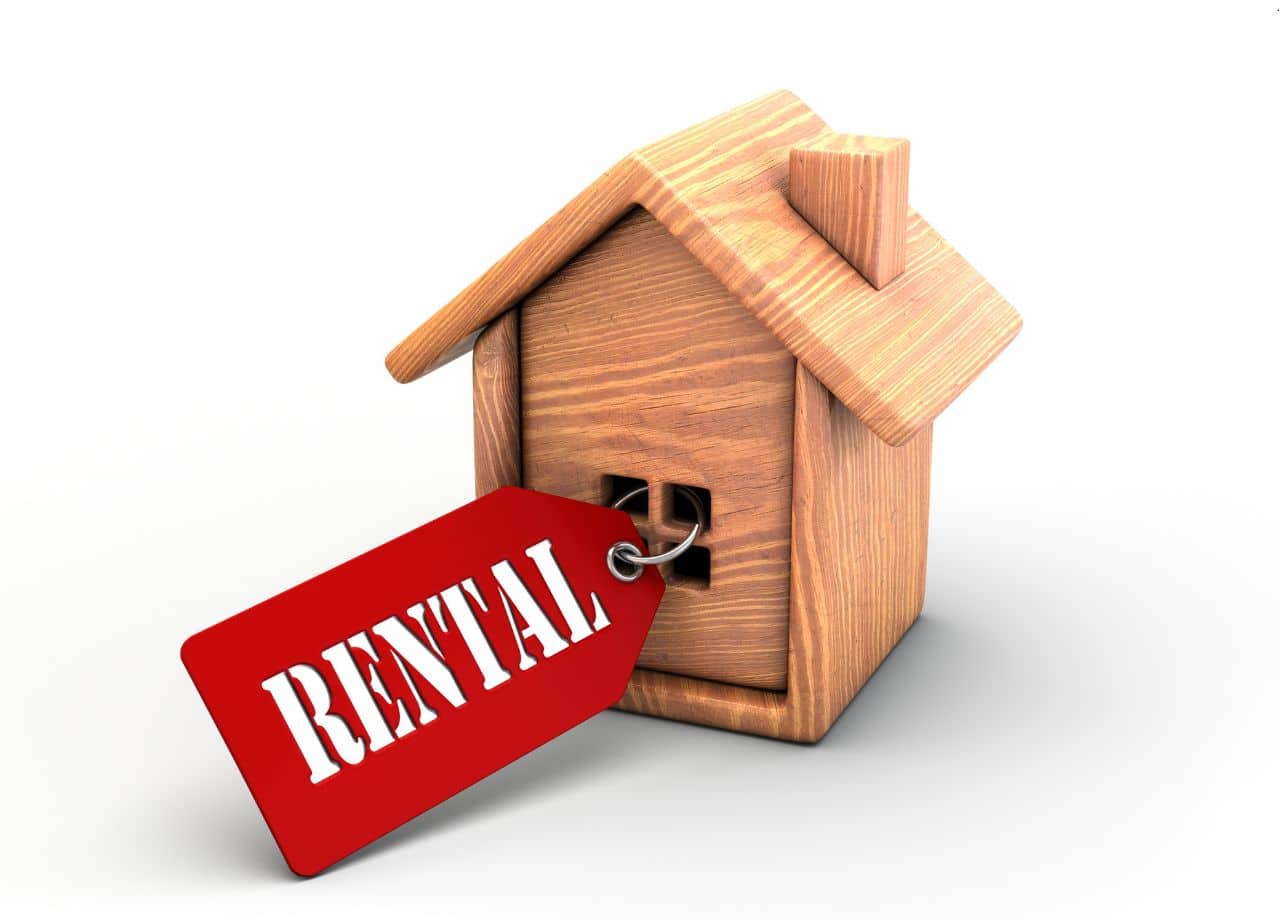Pest problems in rental properties are a property manager’s nightmare. They start small—a few ants in the kitchen, a mouse sighting in the hallway—but before you know it, you’re dealing with upset residents, expensive exterminations, and even damage to the building itself. And let’s be real, once word gets out that a place has a pest issue, it’s tough to shake that reputation.
The good news? Preventing pest problems is much cheaper and easier than trying to fix them after they’ve gotten out of control. Think of pest control as an investment, not an expense. A little proactive care now saves you a lot of money—and headaches—down the road.
The High Cost of Ignoring Pest Control
Pests are more than just a nuisance—they come with real financial consequences. Property damage, extermination fees, and even legal issues can pile up if infestations aren’t handled properly. The longer a problem is ignored, the more expensive it becomes.
Let’s talk numbers. A full-scale bed bug extermination for one unit can easily cost upwards of $1,500, and that’s if the infestation hasn’t spread. If it has, multiply that by however many units are affected. A rodent problem that isn’t controlled can lead to chewed wires, which can create fire hazards and cost thousands in repairs. Cockroach infestations can result in health code violations, and once a rental property gets a reputation for pests, it can take months—or even years—to rebuild trust with potential residents.
Then there’s the issue of lost rent. If a unit is uninhabitable due to an infestation, it sits vacant while the problem is fixed. That’s lost income. Even worse, if multiple residents start complaining and decide to move out, filling those units becomes a challenge. No one wants to rent a place known for pest issues.
The bottom line? Pests don’t just cost money to eliminate. They cost money in damage, lost rent, and even legal trouble if a property is found to be in violation of health and safety regulations.
Learn more about Pest Control for Property Preservation and why regular treatments are essential.
Why Quick Fixes Don’t Work
A common mistake property managers make is relying on quick fixes when pest problems arise. A can of store-bought spray might seem like a simple solution for roaches, and a few traps might seem like enough to take care of a mouse problem. But pests aren’t that easy to get rid of.
Mice, for example, multiply fast. If you see one, there are probably more hiding in the walls. Roaches are notorious for finding ways to survive, and if just a few bed bugs are left behind after an amateur treatment, they’ll repopulate within weeks.
When a property manager only deals with pests reactively—responding to complaints instead of preventing infestations—it’s like putting a Band-Aid on a broken pipe. The problem will return, often worse than before.
That’s why rental properties need a real pest control plan. Not just one-off exterminations, but a structured, ongoing strategy designed to keep pests out before they become a problem.
Prevention: The Smartest, Most Cost-Effective Approach
Property managers who invest in preventative pest control save money. It’s as simple as that. A good pest control plan stops infestations before they start, reducing the need for emergency treatments, costly repairs, and the headache of dealing with unhappy residents.
Preventative pest control includes:
– Regular inspections to catch problems before they get out of hand.
– Sealing entry points like small gaps in walls, vents, and windows where pests sneak in.
– Keeping common areas clean and ensuring trash is properly stored and disposed of.
– Routine pest treatments to create a barrier that stops infestations before they start.
Think of pest control the same way you think about other property maintenance. You wouldn’t wait for an HVAC system to completely break down before scheduling maintenance, right? The same logic applies to pest control. Small, ongoing investments prevent major expenses in the future.
The Role of Property Managers in Pest Control
Some property managers assume pest control is the resident’s responsibility. And while residents do play a role—like keeping their units clean and reporting issues early—expecting them to handle infestations themselves is a risky approach.
Most residents don’t know how to prevent pests beyond basic cleaning. And if they do notice an issue, they might not report it until it becomes a full-blown infestation. By that time, the problem has spread to other units, making it more expensive and difficult to manage.
That’s why it makes sense for property managers to take the lead on pest control. When it’s handled at the management level, it ensures that the entire property—not just individual units—is protected. It also shows residents that the property is well-maintained, which helps with retention and long-term satisfaction.
How Pest Share Simplifies Pest Control for Rentals
Managing pest control across multiple rental units can be overwhelming. Coordinating exterminators, handling resident complaints, and ensuring consistent treatments take time and effort. This is where a service like Pest Share makes life easier.
Pest Share provides a structured, easy-to-implement pest control solution designed for rental properties. Instead of dealing with pest problems on a case-by-case basis, property managers can have a streamlined system in place that handles issues quickly and efficiently.
With a service like Pest Share, residents don’t have to guess whether their pest issue will be addressed, and property managers don’t have to scramble for last-minute extermination services. It’s a proactive, cost-effective way to keep rental properties pest-free without the hassle of managing everything manually.
Investing in Pest Control Pays Off
At the end of the day, pest control isn’t just about keeping bugs and rodents out—it’s about protecting your rental investment, maintaining property value, and keeping residents happy.
Ignoring pest control leads to higher costs, increased resident turnover, and potential legal issues. Handling it proactively saves money, protects your property, and makes rental management easier.
Smart property managers don’t wait for problems to get out of hand. They invest in prevention, ensuring their properties stay pest-free year-round. Because when it comes to rental properties, a small investment in pest control today saves big money tomorrow.




